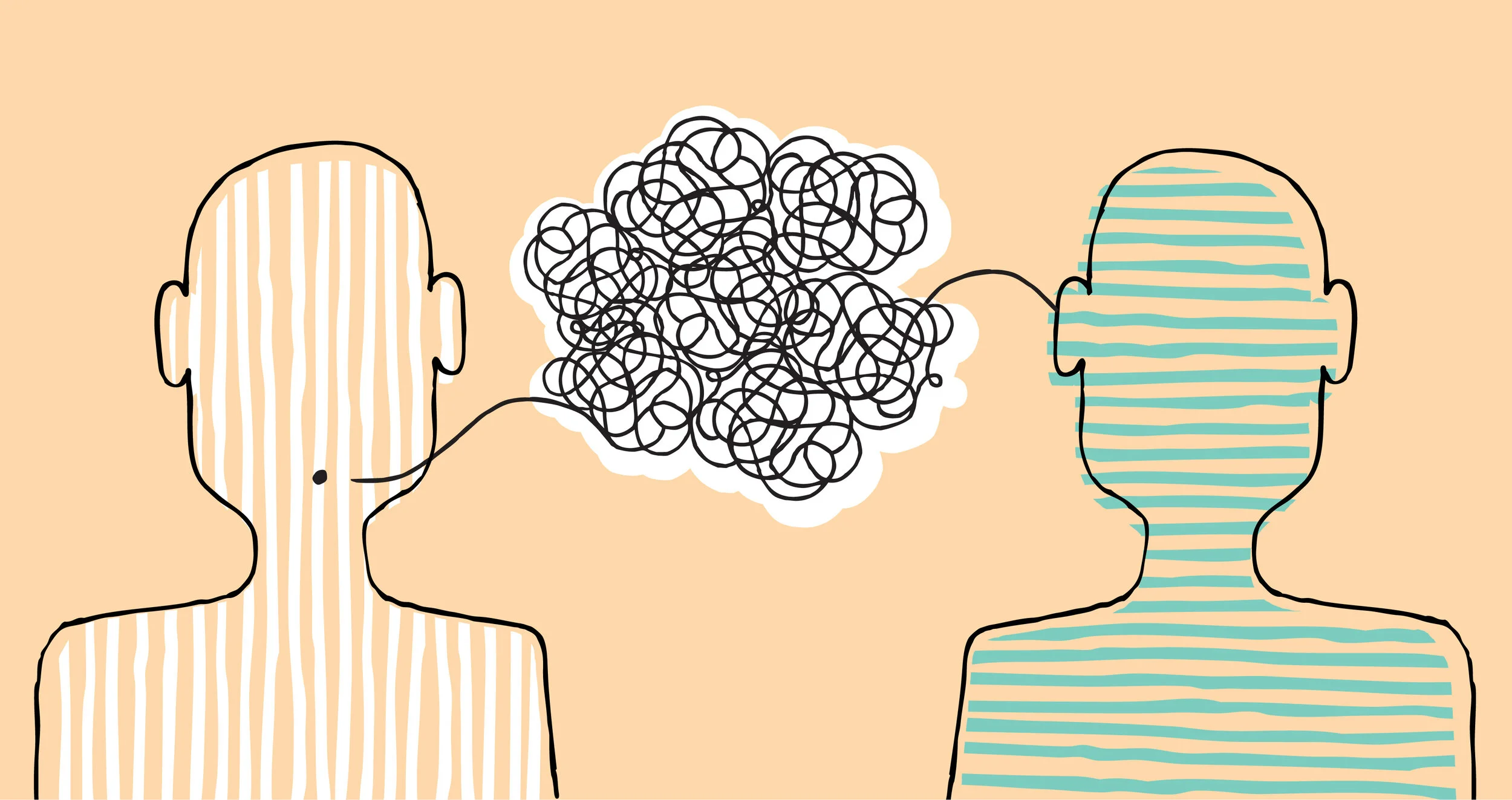Suicide isn’t an easy topic to think about, let alone discuss — especially with someone you suspect is suicidal. But it is incredibly important that we do talk about it and get our loved ones the help they need to prevent them from reaching a point of crisis. Here’s a little bit about what you can do to help them.
Read MoreSeptember is Suicide Prevention Awareness Month. Suicide is preventable. Through raising awareness, we can save lives by reaching out to others who struggle with suicidal thoughts and encourage them to seek help.
Read MoreIn the U.S., one third to one half of people in state prisons and local jails have mental illness. Despite this fact, funding for prison mental health care has been historically inadequate, which limits access to and quality of treatment.
It is illegal to discriminate against prisoners with mental illness, and that includes failing to provide accommodations and reasonable treatment for serious mental health conditions. Yet, “the U.S. prison system often falls short of meeting acceptable standards of care.”
The period of adolescence is a critical time of development. From learning how to maintain and form social networks to managing emotional and mental wellbeing, adolescence can be a difficult transition stage that requires increased attention and support. According to the World Health Organization, “An estimated 10–20% of adolescents globally experience mental health conditions, yet these remain underdiagnosed and undertreated” (2019). There are various risk factors —poverty, peer pressure, technology, media, and social and economic stress— that lead to increased vulnerability to mental health challenges. By neglecting to tackle these risk factors adolescents may face greater negative impacts to their mental health.
Read MoreDepression is a serious mental illness that affects millions of people. The symptoms of depression like anxiety, fatigue, and a sense of hopelessness make it difficult for people who have depression to work. If you’ve been diagnosed with depression and you expect that you won’t be able to work for at least a year because of depression you can file a claim for Social Security disability benefits. Disability benefits can be used to pay for basic living expenses so that you don’t have to worry about making ends meet when you’re too sick to work.
Read MoreThe COVID-19 pandemic has been part of our life for almost four months. Black, Indigenous, and People of Color (BIPOC) populations around the country, including in Wisconsin, have sadly bore the brunt of the disease. In fact, per the Wisconsin Department of Health Services, the Latinx community has experienced 29% of confirmed cases and deaths, which is the highest BIPOC group affected.
Read MoreRacial disparities and inequities have existed in the United States for centuries, dating back to historic events such as the American Revolution, slavery and the Civil Rights Movement. However, though some progress has been made to create equal opportunities for people of color, the histories of the past and their effects still leave a mark in today’s world. In particular, discrimination in healthcare persists and studies show the damaging effects of a lack of quality healthcare for communities of color.
Read MoreDuring a mental health crisis, appropriately addressing and responding to an individual’s circumstance can help de-escalate the situation. Empathetic listening is a great way to help others in high stress situations. Empathetic listening is stepping into the other person's shoes and trying to understand the situation they are going through from that person’s point of view. Focusing on what the individual is saying helps the listener truly engage with the person’s situation instead of just hearing what they say. Here are some helpful tips on how to practice empathetic listening.
Read MoreAccording to data from the National Survey of Children’s Health on adverse childhood experiences, almost half of all of the nation's youth aged 17 and under have experienced at least one serious childhood trauma, which equates to nearly 35 million children.
Read MoreThe bent steel awards (Donated by the widget source) are given to these exceptional people in our community as a reminder of their great efforts to make a positive impact on individuals impacted by mental illness and combat the stigma surrounding mental illness.
Read MoreWhether you want to learn how to meditate or you are looking for an ongoing therapy practice, check out these unique apps to help you manage your mental health.
Read MoreDespite all of the negative things that are happening in our world right now, it’s essential now more than ever to look at our lives and reflect on what we are grateful for. Practicing gratitude has been scientifically proven to be associated with an individual’s well-being, general feelings of happiness and overall mental health.
Read MoreIt is absolutely no secret that our lives have been changed by the current pandemic we’re living in. Although all of us have been impacted differently, there is one thing we all share – we’ve had to be a little more creative than usual to keep ourselves entertained.
Read MoreMaking art doesn’t mean creating a masterpiece to hang in the Louvre—for me, some of my favorite pieces I’ve created have been about the process. It’s like the cliché about life: Life is about the journey, not the destination. I think that holds truth to art as well. It’s a great way to express emotions, positive or negative.
Read MoreIt’s essential, now more than ever, to practice self-care, especially as we are practicing social distancing due to the COVID-19 pandemic.
Read MoreLife can get overwhelming sometimes. I know I personally have had a difficult time staying positive and remaining grounded during this pandemic. Fortunately, I have a list of some self-soothing skills/activities in my back pocket to pull out when I am feeling like this.
Read MoreWith the current COVID-19 pandemic, we wanted to provide the NAMI Dane County community with a list of mental health resources currently available.
Read MoreIn this time of tremendous uncertainty and anxiety surrounding the COVID-19 pandemic, many of us are experiencing higher levels of anxiety, stress, panic and fear.
Read More

















